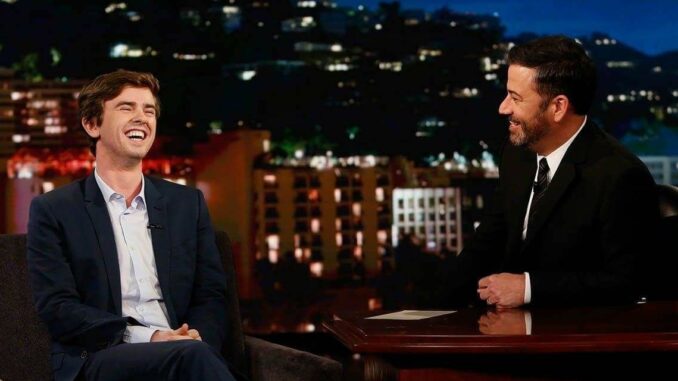
In an era when medical dramas often focus on adrenaline-filled emergencies and romantic entanglements, The Good Doctor stands apart by tackling deeper ethical questions — many of them through the eyes of Dr. Shaun Murphy, played masterfully by Freddie Highmore. Shaun isn’t just a surgeon who saves lives; he’s a moral compass who forces both colleagues and audiences to confront what it truly means to be a “good doctor.”
From the first season, Shaun’s moral clarity stands in contrast to the often ambiguous choices made in the hospital corridors. Where others see protocol and hierarchy, Shaun sees patients — human beings who deserve empathy, honesty, and a fair chance. His autism spectrum disorder doesn’t dull his sense of right and wrong; it sharpens it. He approaches ethical dilemmas with an uncompromising lens of truth, often challenging institutional norms that prioritize reputation or efficiency over compassion.
One of the most compelling aspects of Shaun’s character is his unwavering belief that honesty is non-negotiable. Whether he’s confronting a senior doctor about a misdiagnosis or insisting on revealing hard truths to a patient’s family, Shaun’s commitment to transparency defines his practice. For him, integrity isn’t situational — it’s absolute.
This moral rigidity sometimes isolates him. His colleagues, driven by politics and emotion, often see his bluntness as insubordination. Yet, over time, Shaun’s perspective becomes a catalyst for change. His courage to question unethical practices inspires those around him to reevaluate their own decisions. Dr. Glassman, his mentor, once said, “You remind us why we became doctors in the first place.” It’s this grounding influence that turns Shaun into more than just a talented surgeon — he becomes the conscience of the hospital.
Freddie Highmore’s portrayal adds layers to this ethical complexity. Through subtle expressions and measured dialogue, he conveys the weight of moral responsibility — the quiet turmoil of a man who sees the world in absolutes but must operate within shades of gray. Each ethical confrontation becomes a personal crucible, shaping not only Shaun’s identity but also redefining what viewers expect from a medical hero.
What’s remarkable about The Good Doctor is that it doesn’t present Shaun’s ethics as flawless. His rigid sense of morality occasionally leads to conflict, mistakes, and emotional fallout. But that, too, is part of his evolution — learning that empathy and ethics must coexist, and that saving a life sometimes requires listening as much as reasoning.
Ultimately, Shaun Murphy’s story challenges the audience to rethink medicine’s moral code. It’s not just about surgical precision or emotional intelligence; it’s about the courage to do what’s right, even when it’s inconvenient. In the operating room and beyond, Shaun’s scalpel doesn’t just heal bodies — it dissects the soul of medicine itself.
